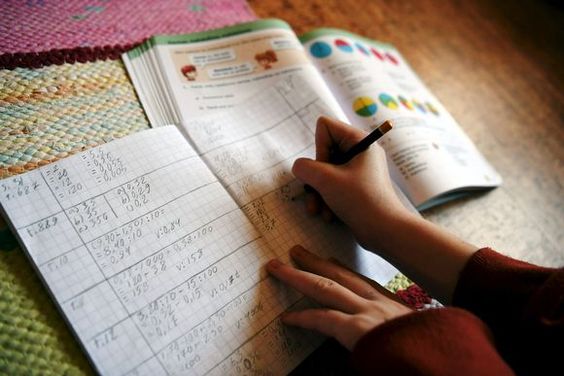Introduction
Education transcends the mere dissemination of knowledge. It involves creating an environment that promotes effective learning experiences for all students. One significant aspect that is often overlooked during this process is the role emotions play in student-teacher relationships. Teachers and educators must recognize the importance of emotions in these relationships as they directly impact a student’s cognitive, social, and emotional development.
Understanding Emotional Intelligence
Emotional intelligence (EI) refers to the capability of individuals to identify, understand, and manage their own emotions as well as those of others. In the context of education, EI has increasingly become a focal point due to its correlation with overall academic performance and personal growth. Individuals with higher emotional intelligence tend to establish more meaningful connections and effectively communicate with others, promoting well-being and satisfaction.
Importance of Emotions in Student-Teacher Relationships
Emotions harmonize the social interactions between teachers and their students. Positive emotional exchanges generate rapport and trust, which strengthens engagement and participation from both parties. Below are some key reasons why emotions are essential in student-teacher relationships:
1. Formation of a Safe Learning Environment: A classroom environment that fosters positive emotional exchanges between students and teachers promotes collaboration, openness, and participation. Students feel safe to express their thoughts without fear of ridicule or embarrassment.
2. Improved Academic Performance: Students who experience positive emotions often display higher motivation levels, translating into better academic performances. They feel supported, are keen on taking calculated risks in their learning pursuits, and develop resilience towards setbacks.
3. Effective Conflict Resolution: Conflicts may arise in any learning environment due to differing opinions or misunderstandings. Addressing them through a caring lens that takes emotions into account can lead to successful conflict resolution while maintaining dignity and respect for all involved.
4. Nurturing Social Skills: Acknowledging emotions in student-teacher relationships enables students to develop crucial interpersonal skills such as empathy, perspective-taking, and effective communication. These skills are vital for cultivating healthy personal and professional relationships in the future.
Practical Tips for Teachers
Teachers can incorporate the following strategies to nurture emotional intelligence in their classrooms:
1. Self-awareness: Teachers should reflect on their own emotions and thought processes during interactions with students, ensuring that they recognize how their emotions could influence these exchanges.
2. Active Listening: Listening to students with full attention and empathy paves the way for trust-building, rapport, and enhanced understanding of their unique perspectives.
3 Emotional Validation: Validating students’ emotions means acknowledging their feelings without judgment, offering support, and guiding them through appropriate emotional management strategies.
4. Modeling Emotional Intelligence: Teachers should lead by example by demonstrating empathy, effective communication, and balanced emotional responses.
Conclusion
Taking account of emotions in student-teacher relationships empowers both parties to construct a secure learning environment that nurtures academic growth, personal development, and emotional well-being. By fostering emotional intelligence in our classrooms, we pave the way for generations that are better equipped to navigate interpersonal relationships and contribute meaningfully to society.




